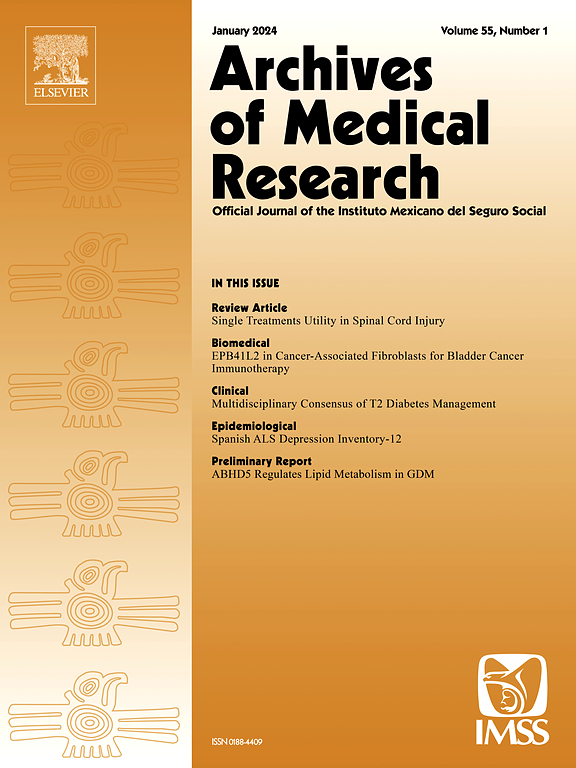Improving Efficiency in Healthcare: Lessons from Successful Health Policies in Chile
IF 4.7
3区 医学
Q1 MEDICINE, RESEARCH & EXPERIMENTAL
引用次数: 0
Abstract
Background
Chile has made significant progress in recent decades in implementing policies to improve the efficiency of its health system with an impact on population health.
Aim
To present five case studies of successful policies whose impact has been documented.
Methods
Case study report.
Results
First, we present a summary of the evidence supporting the policy that is changing the Chilean care model from a problem-based to a patient-centered care model. Second, we show how tele-nephrology and advanced renal care units have demonstrated significant impact on chronic kidney disease in Chile. This internationally recognized successful Chilean policy is contributing to address one of the conditions that explains the highest financial burden on the health system. Third, we present recent evidence on the effectiveness of teleoncology care in Chile. Fourth, we highlight the most recent system of epidemiological surveillance implemented in Chile, the EPIVIGILA system, which was essential to support decisions throughout the pandemic. Finally, we underline the health benefit plans implemented in recent decades to improve access to services and financial protection.
Conclusions
Chile has successfully implemented policies in its health system that have an impact on efficiency and population health. These experiences can be replicated in countries facing similar challenges, using the Chilean experience as a benchmark.
提高医疗保健效率:智利成功医疗政策的经验教训
背景近几十年来,智利在实施提高卫生系统效率的政策方面取得了重大进展,并对人口健康产生了影响。目的介绍五项成功政策的案例研究,并记录其影响。方法案例研究报告。结果首先,我们总结了支持智利医疗模式从以问题为基础转变为以患者为中心的政策的证据。其次,我们展示了远程肾脏病学和先进的肾脏护理单元如何对智利的慢性肾脏病产生重大影响。智利的这一国际公认的成功政策有助于解决给卫生系统造成最高经济负担的疾病之一。第三,我们介绍了智利远程肿瘤治疗有效性的最新证据。第四,我们强调了智利最近实施的流行病学监测系统,即 EPIVIGILA 系统,该系统对整个大流行期间的决策支持至关重要。最后,我们强调了近几十年来实施的医疗福利计划,这些计划旨在改善服务的可及性和财务保护。以智利的经验为基准,面临类似挑战的国家可以借鉴这些经验。
本文章由计算机程序翻译,如有差异,请以英文原文为准。
求助全文
约1分钟内获得全文
求助全文
来源期刊

Archives of Medical Research
医学-医学:研究与实验
CiteScore
12.50
自引率
0.00%
发文量
84
审稿时长
28 days
期刊介绍:
Archives of Medical Research serves as a platform for publishing original peer-reviewed medical research, aiming to bridge gaps created by medical specialization. The journal covers three main categories - biomedical, clinical, and epidemiological contributions, along with review articles and preliminary communications. With an international scope, it presents the study of diseases from diverse perspectives, offering the medical community original investigations ranging from molecular biology to clinical epidemiology in a single publication.
 求助内容:
求助内容: 应助结果提醒方式:
应助结果提醒方式:


